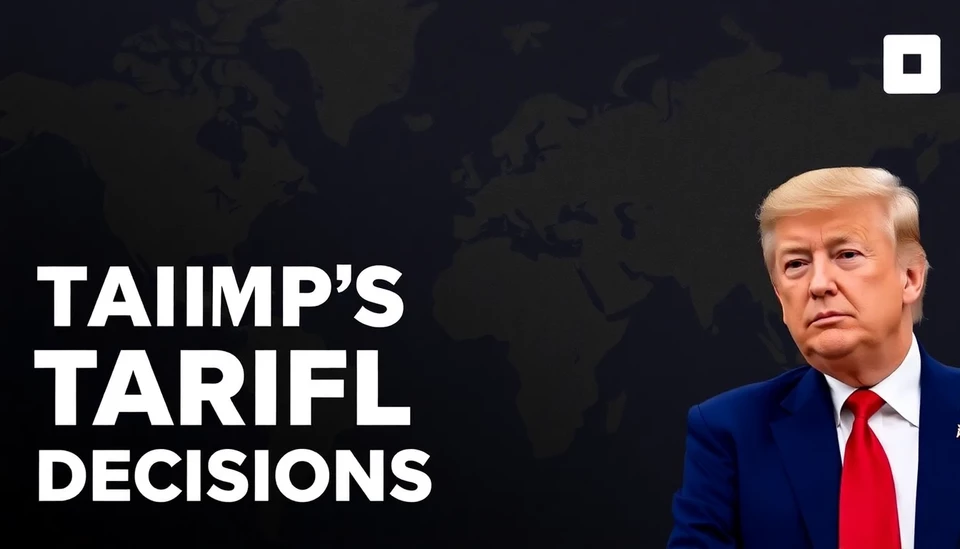
In a groundbreaking discussion, economic analyst Viktor Shvets shared insights on the recent shifts in trade policy initiated by former President Donald Trump, particularly emphasizing the dramatic tariff moves that are reshaping the U.S. economic landscape. Shvets describes these changes as not just mere adjustments but rather a significant evolution in trade strategy, highlighting their profound implications on both domestic markets and international relations.
At the heart of this analysis is the assertion that Trump’s tariffs represent a revolutionary approach to protecting American industries. Shvets explains that these actions are aimed not only at curtailing overseas competition but also at bolstering U.S. manufacturing jobs, a primary concern for Trump's administration. The tariffs target various goods from key trading partners, significantly impacting sectors like steel, aluminum, and electronics.
Shvets elaborates on the historical context of these decisions, referencing how tariffs have been utilized throughout the decades, often sparking trade wars. He draws parallels between Trump’s tariff strategy and those employed during critical periods of American economic history, suggesting that this new era of protectionism might lead to similar outcomes.
Moreover, the economist points out that while Trump’s protective measures aim to strengthen the local economy, they inevitably create tensions with trading partners. Shvets warns that this strategy could escalate into retaliatory tariffs from other nations, leading to a complicated web of international trade conflicts. The global repercussions of these tariffs could potentially destabilize established trade agreements and economic partnerships.
Further underscoring the significance of Trump’s tariff policies, Shvets comments on the broader implications for investors and market dynamics. He indicates that these moves may influence market volatility, prompting shifts in investor sentiment as businesses adapt to the changing trade environment. Understanding these implications is crucial for stakeholders across the board, from small businesses to large corporations.
As the economic landscape continues to evolve under the influence of these tariff changes, Shvets emphasizes the importance of staying informed and agile. Discussions around trade tariffs are likely to remain a hot topic in the United States, as domestic policies increasingly intersect with global economic trends. The repercussions of Trump's strategies could very well set the stage for future administrations and their approaches to trade.
In conclusion, Trump’s unprecedented tariff moves mark a significant departure from traditional trade policies, ushering in a new era fraught with both opportunities and challenges. Observers are encouraged to keep a close eye on how these developments will unfold in the coming years, as their consequences are likely to ripple through various layers of the economy.
#TrumpTariffs #TradePolicy #ViktorShvets #Economics #Protectionism #GlobalTrade #MarketImpacts
Author: Rachel Greene




